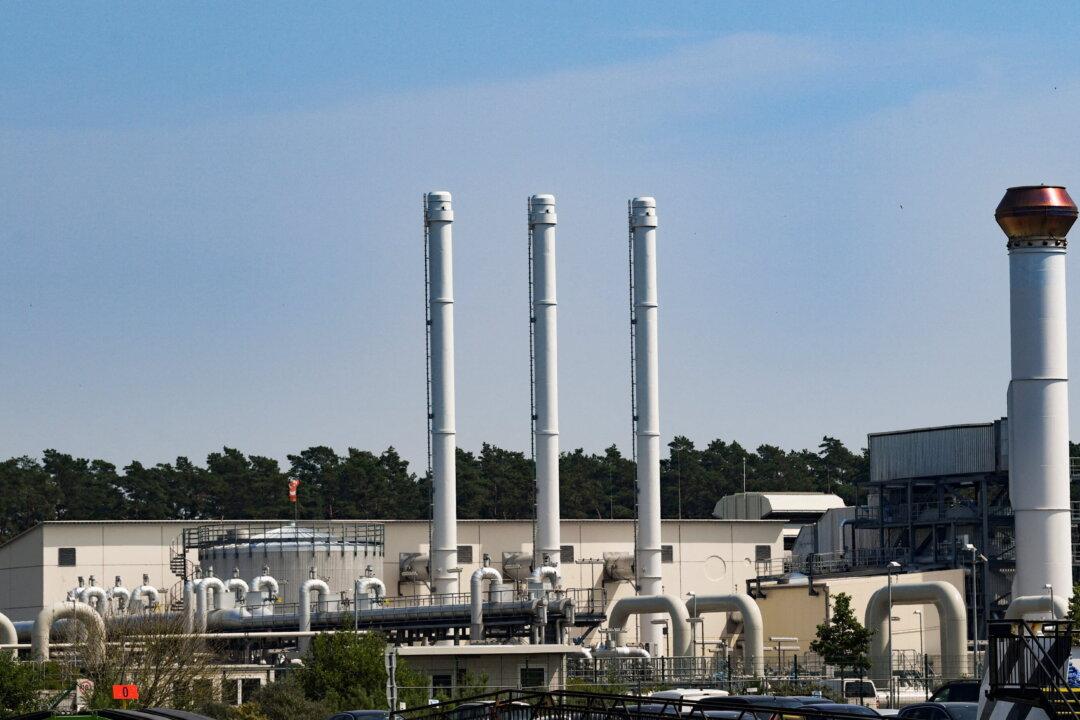The European Union (EU) has announced a “voluntary reduction” of natural gas demand by 15 percent this winter in an effort to boost the region’s energy supply security while providing exemptions to nations that may not be able to meet the target.
The aim of the demand reduction is to save enough gas ahead of the winter season in order to prepare for “possible disruptions of gas supplies from Russia,” stated the European Council in a July 26 press release, while blaming Moscow for “continuously using” energy supplies as a weapon. In the eight months between Aug. 1, 2022, and March 31, 2023, EU member states, as stated, will cut gas demand by 15 percent compared with the average consumption during the past five years.





